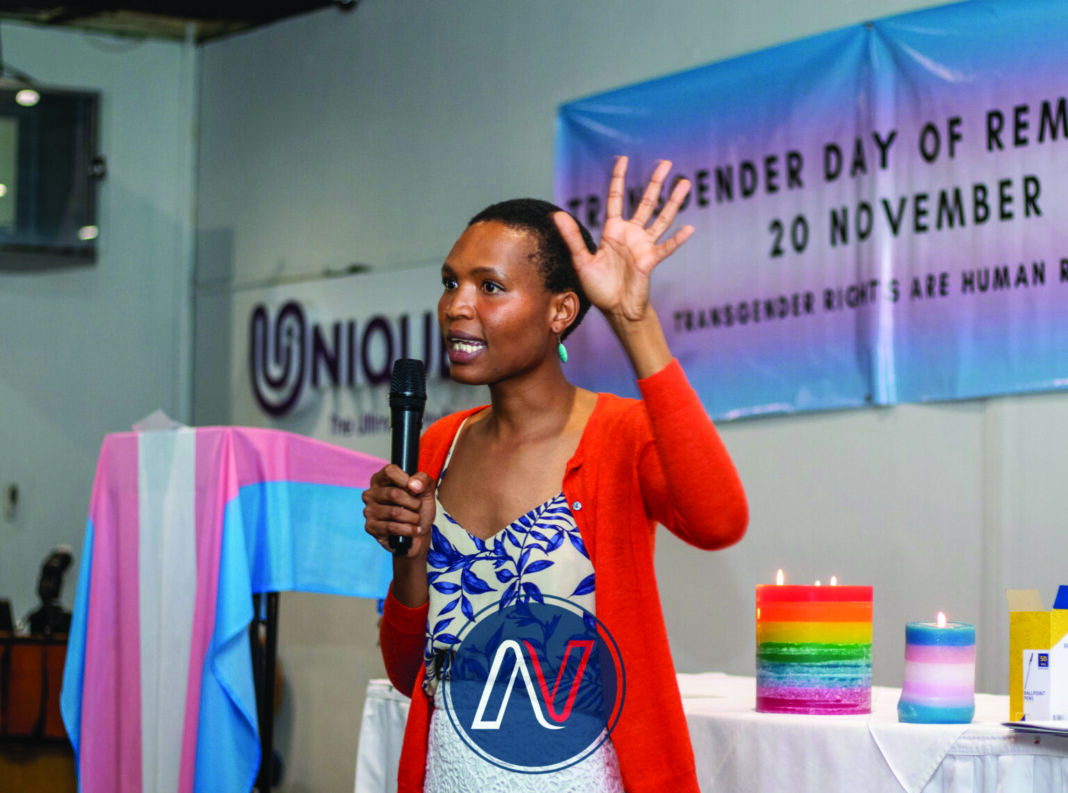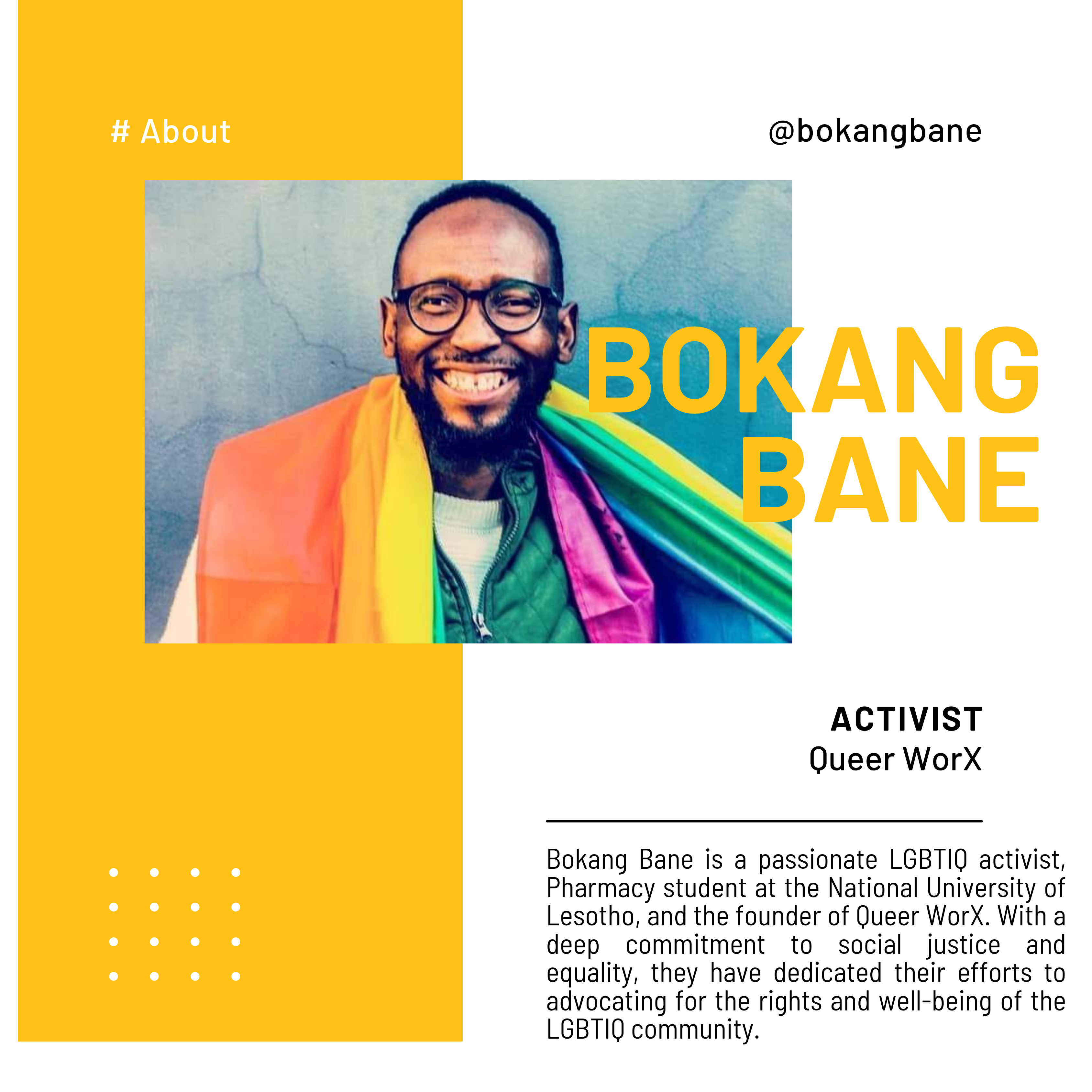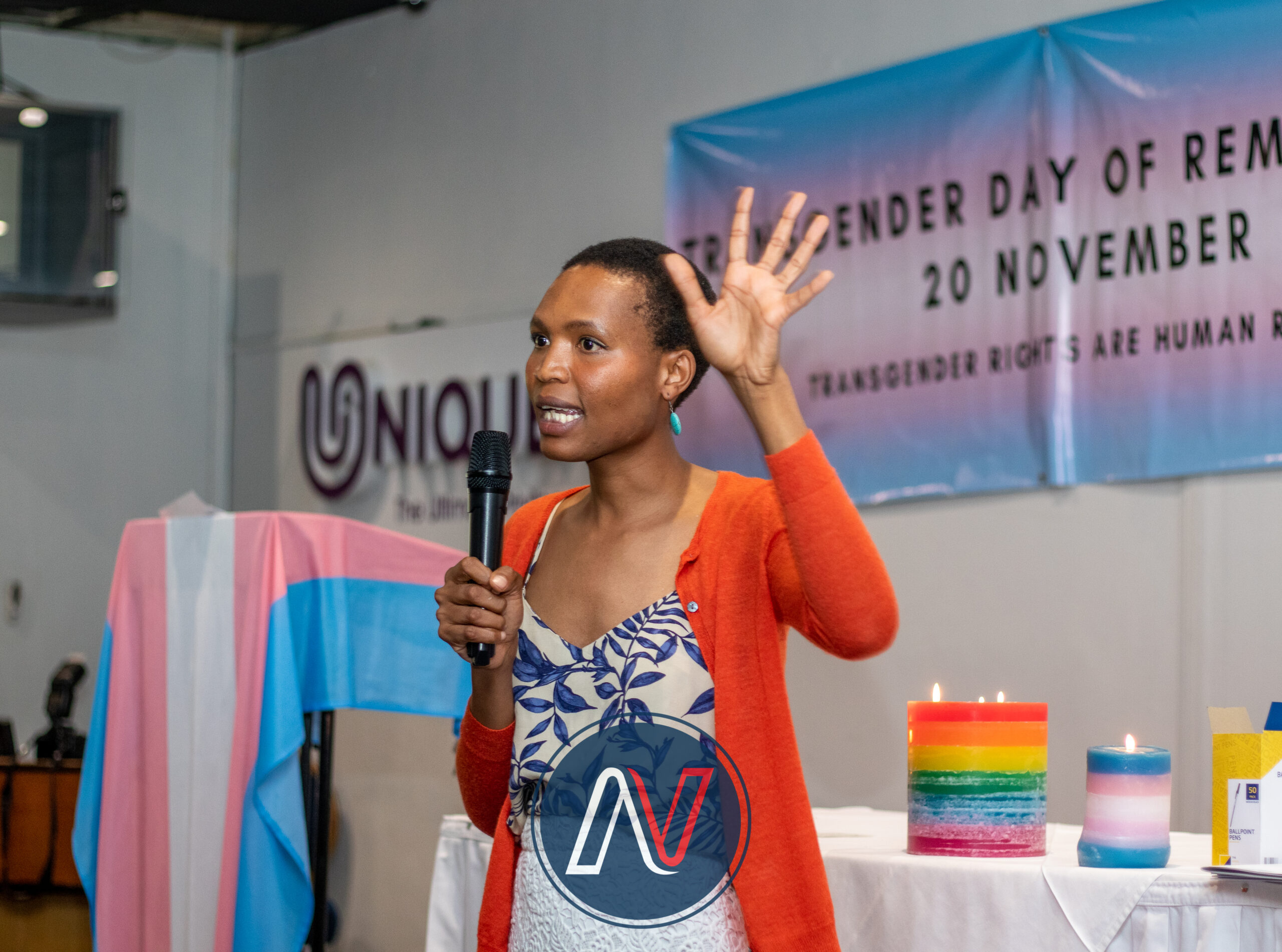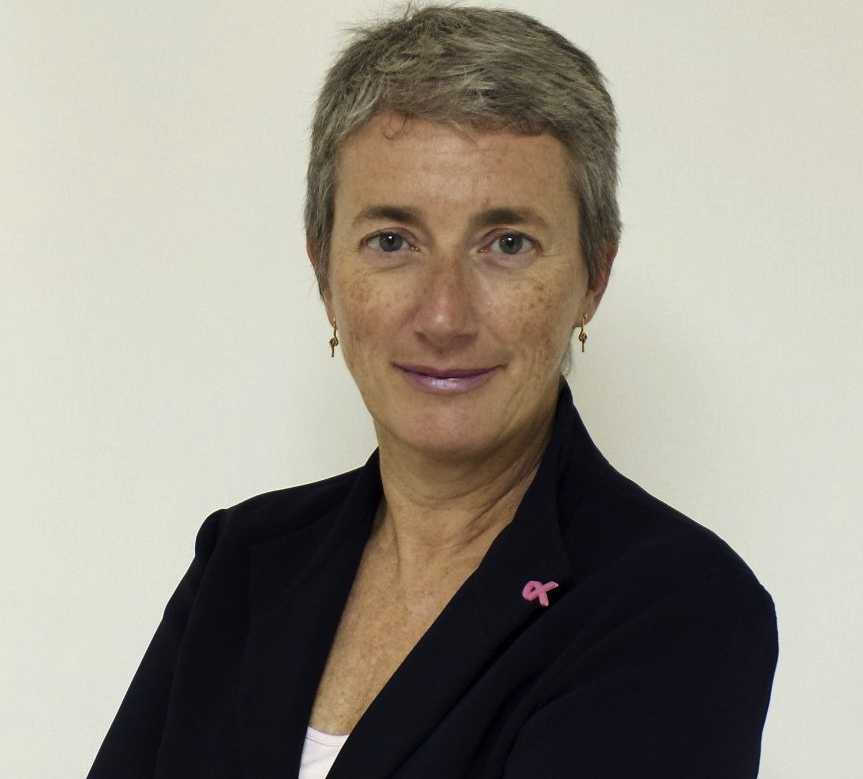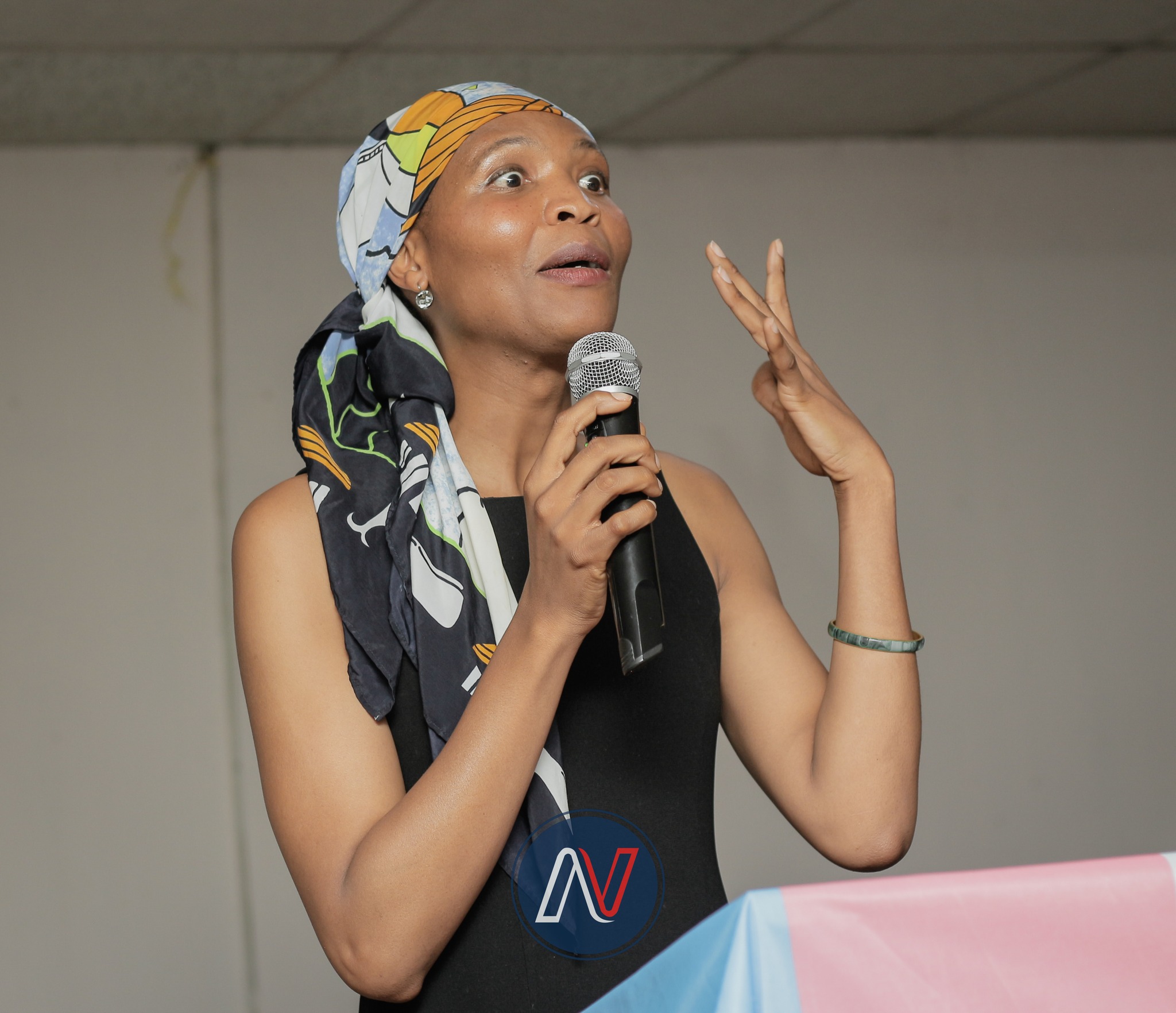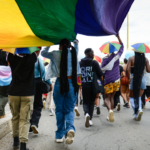Ntsoaki Motaung
To mark the International Day against Homophobia, Transphobia, and Biphobia observed annually on May 17, Giselle Ratalane, Project Coordinator at the People’s Matrix Association, is advocating for stronger legislation to safeguard the LGBTQI communities.
Ratalane emphasised the necessity of enhanced legal protections for sexual and gender minorities, citing benefits such as prolonged education tenure leading to increased employability.
Ratalane stressed the importance of addressing workplace challenges faced by LGBTQI individuals.
“We would also like to see more support from partners and the government as well to LGBTQI rights organisations to help with Lawry’s work to help change legislation for LGBTQI minorities,” Ratalane said.
This year, Ratalane’s primary focus is on the intersection of climate change and LGBTQI communities.
Ratalane highlighted that Lesotho’s heavy reliance on subsistence farming poses unique challenges for LGBTQI individuals, who often face disproportionate impacts from climate change.
With many LGBTQI individuals experiencing high levels of unemployment, farming becomes a crucial source of livelihood. However, the adverse effects of climate change make it increasingly difficult for them to sustain themselves through agriculture.
“As climate change worsens, employment opportunities in agriculture diminish, exacerbating the economic challenges faced by LGBTQI communities,” Ratalane explained. “This forces many of us into deeper poverty and compels us to seek alternative means of survival, which may not always align with a healthy lifestyle.”
According to the United Nations Population Fund (UNFPA), the International Day against Homophobia, Transphobia, and Biphobia aims to raise awareness of the human rights of lesbian, gay, bisexual, transgender, and intersex (LGBTQIA+) individuals, while also celebrating diversity.
This year’s theme, “Integrating LGBTQI+ rights and SRHR in global humanitarian and climate resilience policies,” underscores the importance of recognising and addressing the specific needs and rights of LGBTQIA+ communities within broader humanitarian and climate resilience frameworks.
“The 2024 commemoration takes cognizance that communities around the world are showing greater acceptance of LGBTQIA+ people and are increasingly working to protect their rights. For example, social and legal norms have shifted away from criminalizing LGBTQIA+ people and towards protecting their rights. Also, since 2017, 13 countries have removed laws criminalizing LGBTQIA+ sexuality. Since 2019, 11 countries have legalized marriage equality,” UNFPA said.
“In addition, policies safeguarding the rights of sexual and gender minorities are also gaining ground at every level. These shifts have empowered LGBTQIA+ people and spurred health systems to improve access to sensitive and stigma-free care,” it added.
However, despite progress in many countries, LGBTQIA+ people still face high levels of violence and inequality, both in public and private spheres, including within family settings and workplaces, primarily due to their sexual orientation and gender identity.
The UNFPA emphasised the importance of prioritizing the rights and inclusion of all people, including LGBTQIA+ individuals, as the world confronts unprecedented challenges and strives for a peaceful, prosperous future.
It urged countries to safeguard the health rights of LGBTQIA+ individuals by including them in disaster response planning, addressing their concerns in protection policies and practices, and recognizing their unique sexual and reproductive health needs.
Summary
- This year’s theme, “Integrating LGBTQI+ rights and SRHR in global humanitarian and climate resilience policies,” underscores the importance of recognising and addressing the specific needs and rights of LGBTQIA+ communities within broader humanitarian and climate resilience frameworks.
- The UNFPA emphasised the importance of prioritizing the rights and inclusion of all people, including LGBTQIA+ individuals, as the world confronts unprecedented challenges and strives for a peaceful, prosperous future.
- It urged countries to safeguard the health rights of LGBTQIA+ individuals by including them in disaster response planning, addressing their concerns in protection policies and practices, and recognizing their unique sexual and reproductive health needs.

Your Trusted Source for News and Insights in Lesotho!
At Newsday Media, we are passionate about delivering accurate, timely, and engaging news and multimedia content to our diverse audience. Founded with the vision of revolutionizing the media landscape in Lesotho, we have grown into a leading hybrid media company that blends traditional journalism with innovative digital platforms.


